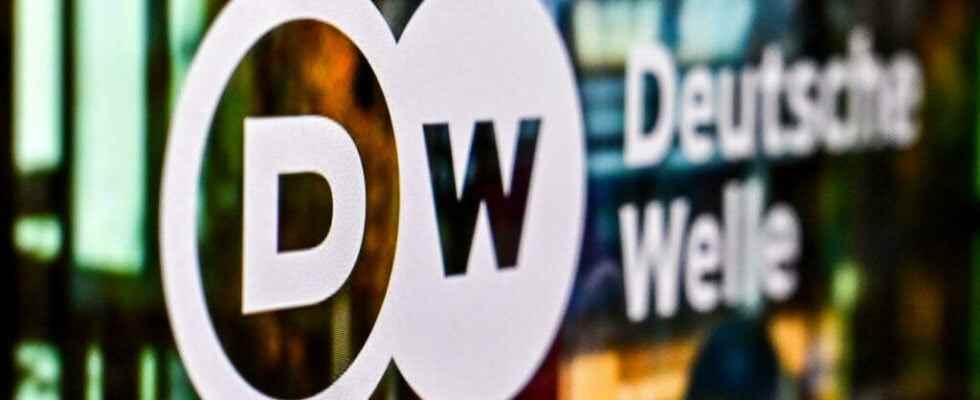The showdown between Germany and Russia took a new turn when Moscow decided on Thursday to close the journalists’ office of German international radio and television.
If, at the Beijing Olympics, Presidents Putin and Xi Jinping agree on the new era of understanding that is opening between their two countries, it is an era of disagreement that begins between the Germany of Olaf Scholz and Putin’s Russia. Delays in the construction of the Nord Stream 2 gas pipeline are already annoying the Russians. The threats of invasion in Ukraine had the effect of alarming the Germans.
It is this time a media crisis which opposes the two countries with accents of cold war. It all started on Wednesday when German regulator Zak decided to ban Russia Today’s channel, RT Deutsche, on the grounds that ” the necessary authorization » to its diffusion was « neither requested nor granted “. Note that we are talking about a broadcast on the internet and applications, because if the Russian channel has an office in Germany, it is not broadcast on the terrestrial network or by satellite across the Rhine.
German law provides that media controlled by a foreign state cannot have an audiovisual licence. And if RT did try to circumvent this legislation by trying to broadcast from Luxembourg, it came up against the refusal of the Grand Duchy last summer.
New diplomatic grain of sand between the EU and Russia
While Emmanuel Macron will meet Vladimir Putin on Tuesday, this is therefore one more subject on the agenda of the President of the Council of the EU. Of course, most of the discussions will focus on possible mediation in the Donbass, on Russia’s opposition to Ukraine joining NATO or on the new European security order dear to the French president.
But “soft power” or media-diplomacy are so central to Russia that it does not hesitate to engage in reprisals as soon as its audiovisual interests are threatened. Especially since by touching on internet broadcasting, the German regulator has attacked what makes RT’s strength in terms of influence.
Backlash for Deutsche Welle
Coming after the dismissal of a BBC journalist, the closure of Deutsche Welle’s Moscow office sparked outrage from the German government. Its president Peter Limbourg judged it ” absurd “, because, unlike RT in Germany, it has Russian authorizations for five or six years. Above all, Deutsche Welle is not a disinformation tool in the pay of Berlin and its information is produced by independent journalists.
Nevertheless: the German public media is now in the eyes of Moscow a ” foreign agent Like Putin’s opponents, German institutions are also in the crosshairs and other responses are announced.
